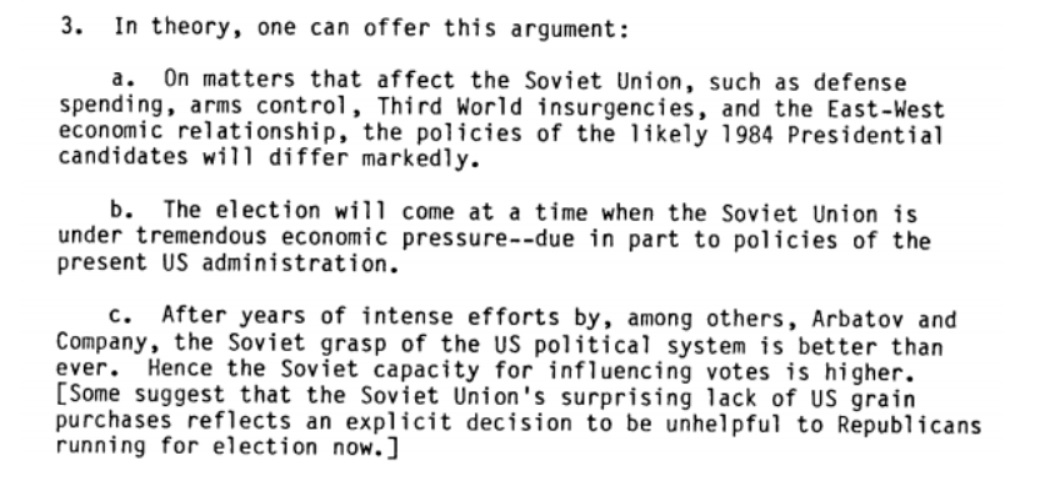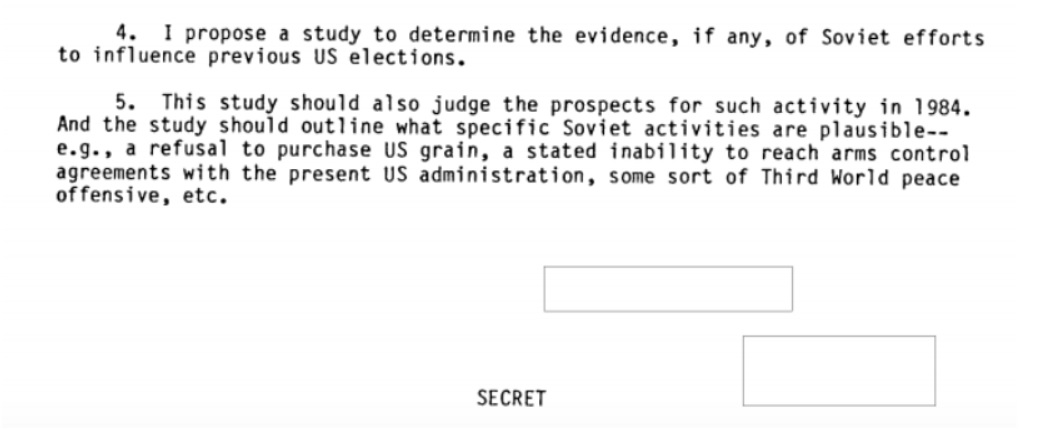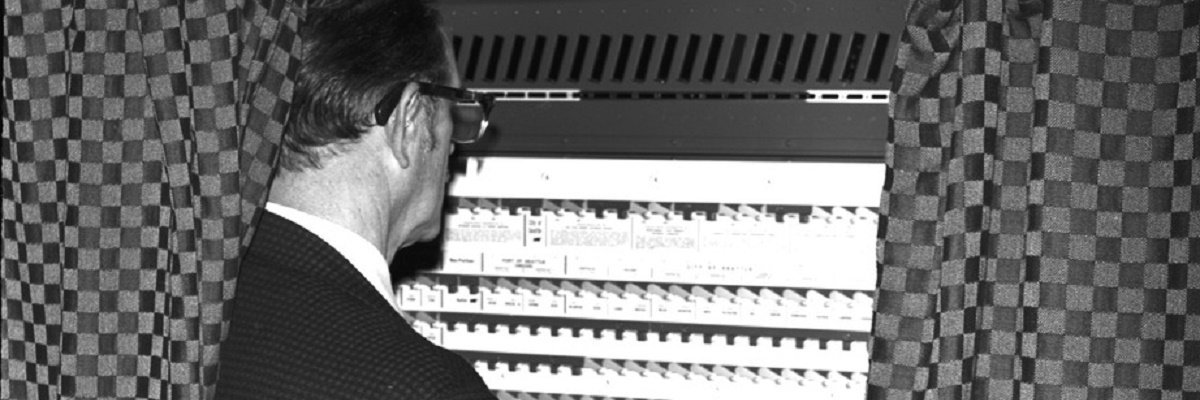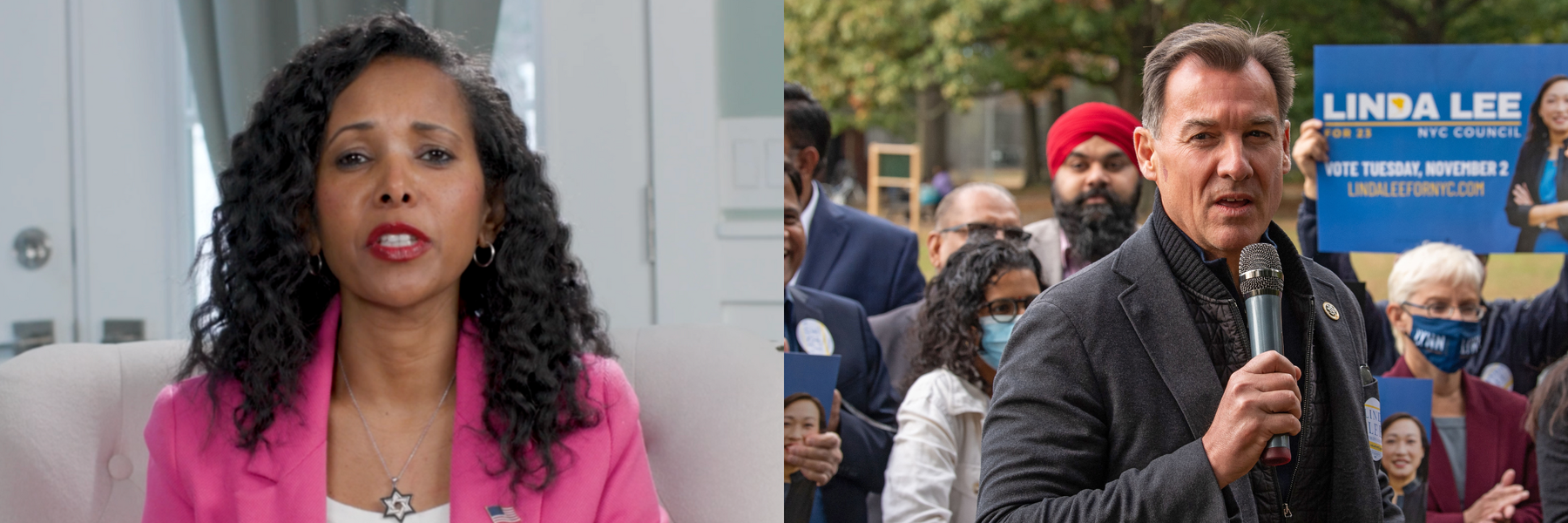A formerly SECRET memo sent to the Director of Central Intelligence in 1982 reveals that the Intelligence Community’s concern with Russian attempts to influence the U.S. Presidential election go back decades. While some have called the recent Russian interference in the 2016 Presidential election “without precedent,” the Central Intelligence Agency (CIA) memo shows that some of the first attempts by Russia to influence the outcome of the election were detected in the early 1980s.
The memo also appears to confirm several background elements of the January Intelligence Community Assessment (ICA) on Russian election interference, as well as dispelling the notion that Russian interference in U.S. elections “came out of nowhere.” The situation which made the 1984 Presidential election especially vulnerable, described by the memo, appears to similarly apply to the 2016 election.

According to the one page memo dated October 1982, the matter hadn’t yet been the subject of a serious study by the Agency (or, presumably, the FBI). Neither whether the Soviets had made any previous attempts to influence, or what their capabilities are, had yet been examined. Nevertheless, the unknown author pointed out that it was inevitable that people would, before long, point to Soviet activities “as part of a scheme to tip the 1984 U.S. elections.”

The argument put forward about what made the 1984 election particularly likely to suffer Soviet interference similarly applies to the 2016 election. First, the likely candidates’ policies on Russia and the Soviet Union were markedly different, with the Democrats having been less aggressive than Reagan towards the Soviet Union. In 2016, the opposite was the case, with Trump openly admiring Putin and swiftly pushing for a repeal of the sanctions against Russia. Those sanctions and other policies likely to be continued by Hillary Clinton were among a number of factors contributing to the economic pressures that Russia faced in the time period surrounding the 2016 election.
Finally, the memo points out that as early as October 1982 some analysts were attributing Soviet behavior to “an explicit decision to be unhelpful to Republicans running for election right now.”

The memo concludes by proposing a study to examine the evidence of Soviet efforts to influence previous U.S. elections. The report would also need to look at the potential for such activity in 1984 and to specifically examine what tactics were plausible and consistent with current Soviet activities, such as their refusal to purchase U.S. grains, or further manipulation of independent disarmament and peace movements.

The information in the memo is largely consistent with the January ICA, which reported that “during the Cold War, the Soviet Union used intelligence officers, influence agents, forgeries, and press placements to disparage candidates perceived as hostile to the Kremlin.” This information, coming from a former KGB archivist, was likely unavailable in 1982, beyond the Agency’s awareness of general Soviet influence operations and active measures that targeted a number of figures, in and out of office, which were perceived as hostile.
A FOIA request has been filed for responses to this memo as well as the study it proposes. In the meantime, the full memo is embedded below.
Like Emma Best’s work? Support her on Patreon.
Image via Flickr and licensed under Creative Commons BY-SA 2.0.




